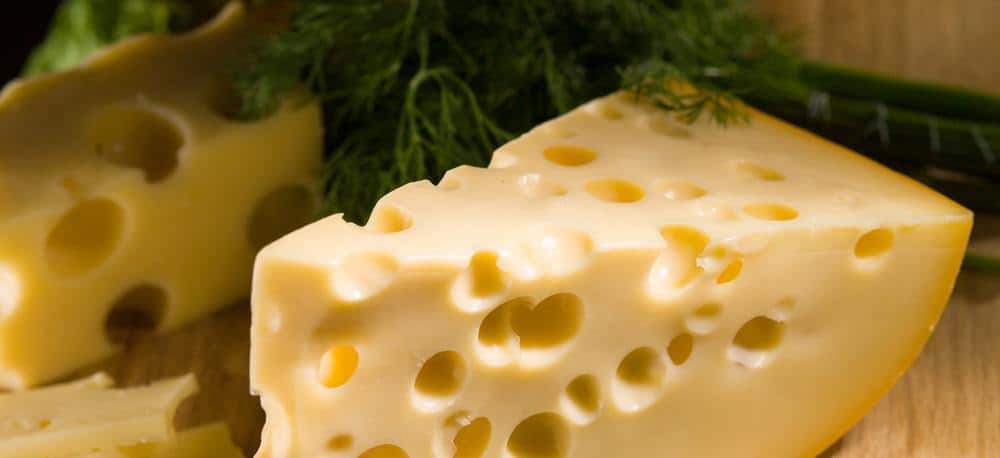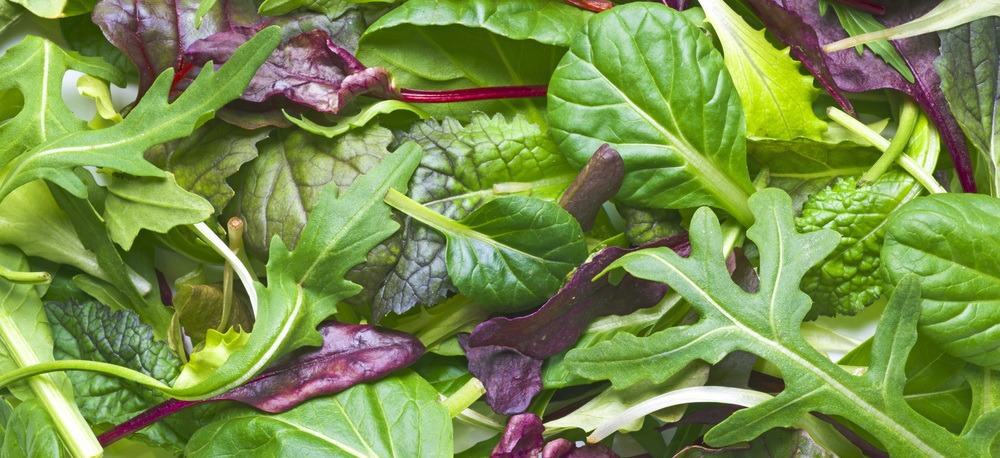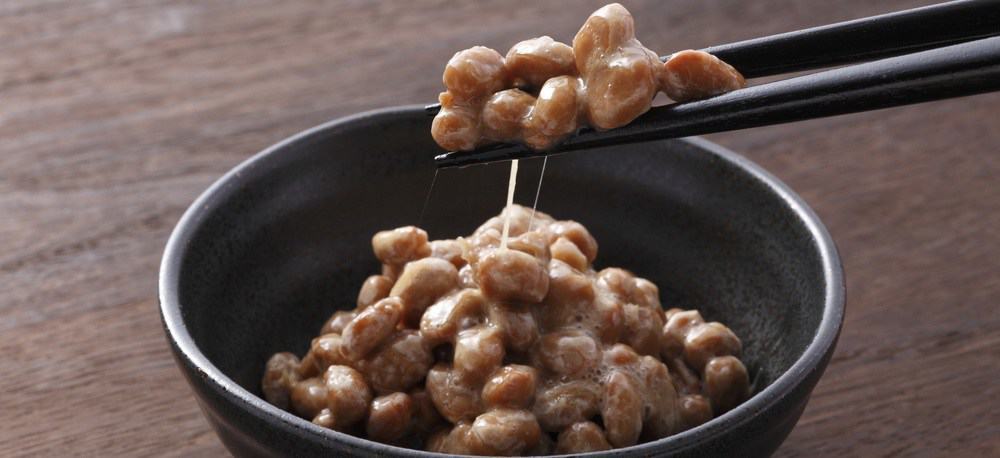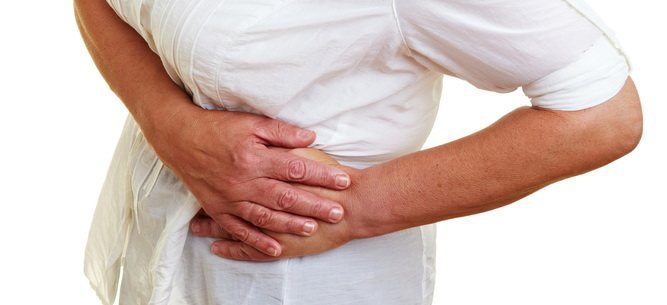
Most health resources will tell you that the usual symptoms of vitamin K deficiency are problems with blood clotting, gum bleeding, gastrointestinal tract bleeding and heavy menstruation for women. People who are deficient in vitamin K will tend to bruise easily and bleed for longer with minor cuts.
Some texts may also note that long-term vitamin K deficiency is associated with a higher risk of brittle bones, osteoporosis, cartilage calcification and hardening arteries that lead to serious cardiovascular problems.
These same health resources will also usually tell you that vitamin K deficiency is considered very rare, so by extension not really anything to be concerned about.
What is interesting though is the significant differences recently discovered between the different versions of vitamin K – vitamin K1 (primarily found in certain vegetable) and vitamin K2 (derived from animal foods, fermented sources and our own intestinal bacteria).
While having adequate levels of vitamin K1 from the sources listed ahead is definitely necessary, it’s emerging that vitamin K2 is actually far more important for optimal health. Unfortunately, this is a version of vitamin K that most people are more likely to be deficient in.

The Difference Between Vitamin K1 and Vitamin K2
Vitamin K cannot be identified as a single substance like ascorbic acid vitamin C. It is actually a family of nutrients known naphthoquinones.
Vitamin K1 is a branch of naphthoquinones called phylloquinones. They come primarily from leafy greens or cruciferous vegetables and kale, spinach, collard greens, Swiss chard, parsley, romaine lettuce and broccoli are some of the best sources.
Obviously these greens aren’t usually the most popular foods in the average American processed diet. While K1 is fat-soluble and we can store some in the liver, many people rarely eat these kinds of foods.
It is believed that vitamin K is also made by gut bacteria, but with the poor state of many people’s intestinal flora and over-prescription of antibiotics, this process may be less effective. Perhaps enough to prevent blood clotting problems, but far from the amount required for noticeable vitamin K health benefits.
Vitamin K2 is another series of naphthoquinones known as menaquinones. Menaquinones are made by bacteria and it was previously believed that vitamin K2 was not important in the diet as it would be made by our intestinal bacteria.
Recent research though is showing the conversion from vitamin K1 to vitamin K2 in our bodies is often poor, with estimates of around a 1 in 10 conversion rate. Given this, and all of the health benefits of vitamin K2 listed ahead, it’s understandable why many people believe fermented foods that are rich in vitamin K2 are an important addition to your diet.

The Different Health Benefits of Vitamin K1 and K2
Vitamin K1 has long been recognized as an important nutrient to prevent blood clotting. Many new studies though are showing vitamin K2 menaquinone, and particularly the MK-7 and MK-4 forms, have a much broader role in general good health and disease prevention.
Vitamin K2 benefits your health primarily in the way it regulates calcium within your body. This has wide-ranging effects for your cardiovascular health and preventing arterial calcification, as well as the strength of your bones and lowering your risk of osteoporosis.
Vitamin K2 plays its part in maintaining strong bones by regulating the levels of osteoclasts, a type of bone cell that is responsible for bone degradation. Osteoclasts are a normal part of our skeletal system, but without adequate vitamin K2 to regulate their function problems like osteoporosis and brittle bones become more likely over time.
While vitamin K deficiency is associated with lower bone mass and a higher risk of hip fracture, recent research has shown that vitamin K2 supplementation appears to protect against bone loss and fracture risk. The same study noted that vitamin K1 supplementation did not have the same effect.
When minerals like calcium are being broken down in the skeletal system due to insufficient vitamin K, they tend to get deposited in other parts of the body. Abnormal calcium deposits can occur within arteries and heart valves and arterial calcification is a well known cause of cardiovascular disease.
Scientists are now researching the association between low vitamin K2, diminished bone mass and artery calcification leading to serious cardiovascular disease.
The large-scale Rotterdam Heart Study tracked nearly 5000 participants for seven years and, amongst many other findings, revealed that those with the highest levels of vitamin K2 in the diet had a 57% less risk of fatal heart attack than those with the least.
High vitamin K2 intake was also associated with reduced coronary calcification in postmenopausal women in a 2009 study. Once again, vitamin K1 alone did not provide the same benefits.

How to Increase Your Vitamin K2 Intake for Cardiovascular Health and Stronger Bones
The Japanese fermented soy product natto is recognized as the best source of the MK-7 version of vitamin K2. MK-7 menaquinone also lasts longer in your body than the MK-4 version of vitamin K2. Unfortunately, natto can be a bit of an acquired taste to the Western palate to say the least with its powerful flavor and unusual texture.
MK-4 menaquinone is found in organ meats, such as liver and kidney, hard cheeses like Swiss and Emmental and grass fed butter. It is also found in smaller amounts in free range egg yolks and grass fed meats.
If you’re getting enough of these types of foods in your diet you probably don’t need to supplement with vitamin K2. However, many people in online health forums report very positive results with supplemental vitamin K2 capsules in the longer lasting MK-7 form derived from natto (and without the taste).
If you believe you may have a vitamin K deficiency, or particularly if you’re at risk or already suffering from brittle bones or cardiovascular calcification, it could well be worth considering vitamin K supplements.
Importantly though, vitamin K2 should be discussed with your doctor if you are taking blood thinning medications like warfarin as these work by disabling vitamin K function.
Many older people show skeletal and cardiovascular symptoms that could be associated with vitamin K deficiency. These problems though have been developing for many years. Increasing your intake of vitamin K now appears to be good insurance against cardiovascular disease and osteoporosis the future.
The link that says”Vitamin K2 capsules” leads to a product on Amazon “,
Doctor’s Best Nattokinase 2,000 Fu Vegetable Capsules, 90-Count
Doctor’s Bes, product description says:
Nattokinase is an enzyme derived from “natto”, a traditional fermented
soy food popular in japan. during the natto production process b.
subtilis natto, a friendly bacteria, ferments boiled soybeans, releasing
nattokinase. best nattokinase contains pure nattokinase enzyme with all
vitamin k removed.”
With all Vitamin K removed? I’m confused!